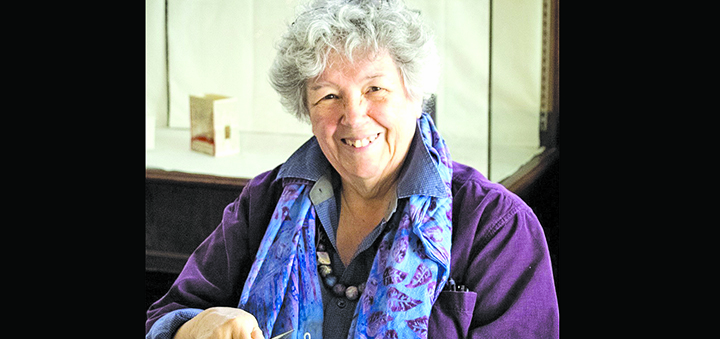Local group leads charge for transparency from county government
CHENANGO COUNTY – A county-wide grassroots organization is pressuring the Chenango County Board of Supervisors to change the way it communicates with local taxpayers.
Citing concerns that the county’s decision-making body isn’t being transparent enough, a group called Chenango Links – a non-incorporated organization focused on civic issues – is calling on the County Board to make changes to its public information policies. Those changes include posting meeting agendas to the county’s official website and allowing public comment periods during regular meetings.
Currently, the County Board does neither, which Chenango Links says is a barrier between public officials and people who elected them.
“Chenango Links … considers it to be in the public interest for the legislative business of the Chenango County Board of Supervisors to be conducted in an open and transparent manner,” states a July resolution adopted by Chenango Links.
The organization claims posting an online agenda satisfies New York open meetings law, and that allowing public comments at meetings is a common courtesy extended by local government entities throughout the state.
But that’s not to say county leaders don’t give their constituency any opportunity to speak, says Board of Supervisors Chairman Lawrence Wilcox (R-Oxford).
The board’s procedure allows residents to make public comments during open committee meetings. Residents can take their concerns to the respective committee. The committee may then take those concerns to the board.
It’s a system that works well, according to Wilcox.












Comments